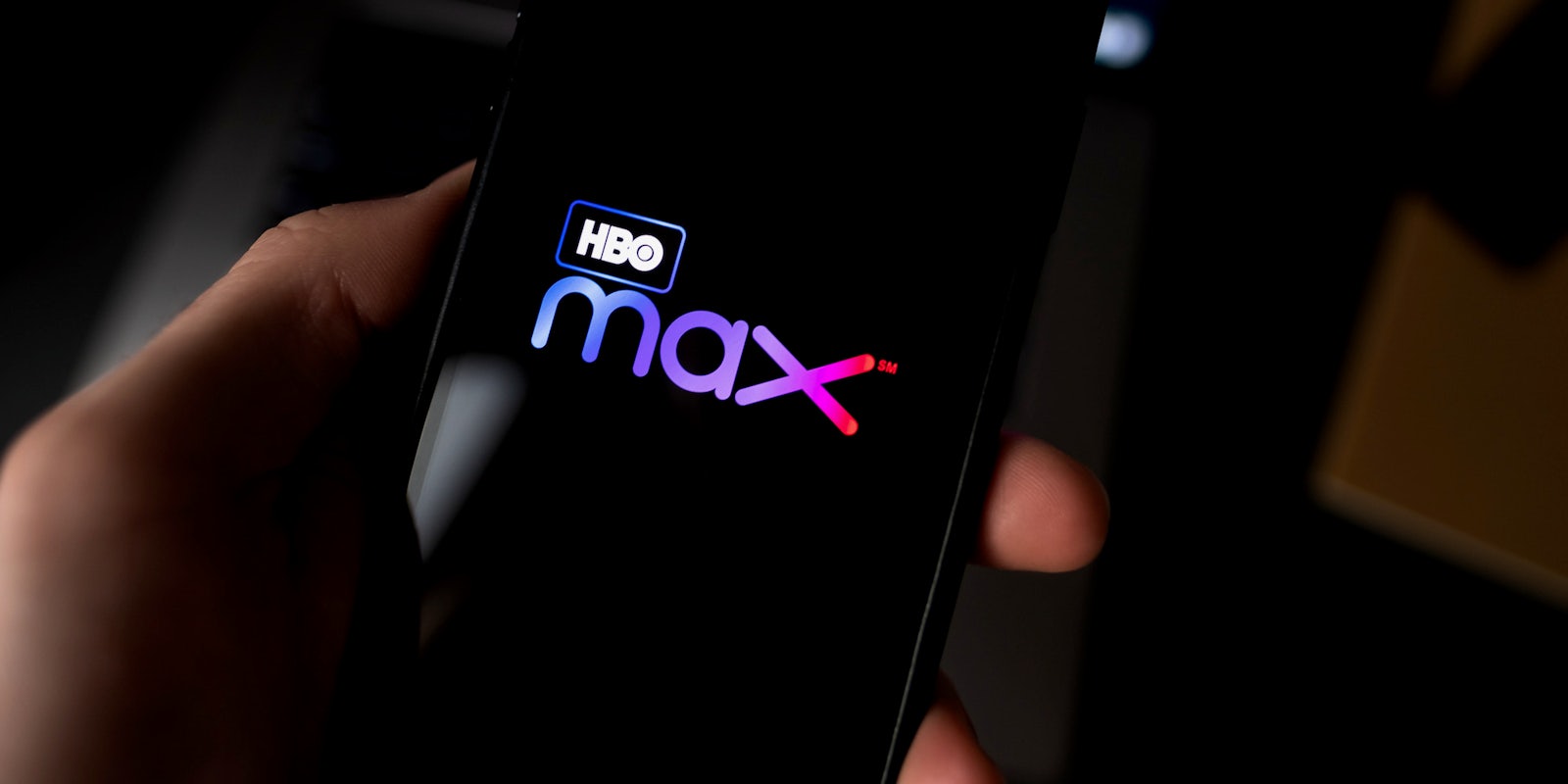AT&T, which previously acquired Time Warner (and rebranded it as WarnerMedia) for the tune of $85 billion in 2018, is now planning to merge WarnerMedia with Discovery Inc. in order to compete with streaming giants like Netflix and Disney+.
AT&T and Discovery Inc. announced the proposed merger Monday morning. As part of the deal, AT&T would receive about $43 billion in a “combination of cash, debt securities, and WarnerMedia’s retention of certain debt.” AT&T shareholders would hold stock for 71% of the new company while the remaining 29% would go to Discovery shareholders.
“This agreement unites two entertainment leaders with complementary content strengths and positions the new company to be one of the leading global direct-to-consumer streaming platforms,” AT&T CEO John Stankey said in a statement. “It will support the fantastic growth and international launch of HBO Max with Discovery’s global footprint and create efficiencies which can be re-invested in producing more great content to give consumers what they want.”
The proposed merger would accomplish a couple of things. One, it would allow AT&T to essentially undo its purchase of Time Warner. But it would also create a new company that would combine the assets of WarnerMedia (which includes Warner Bros., HBO, CNN, and cable channels TNT and TBS, and the streaming platform HBO Max) and Discovery (which includes HGTV, the Food Network, TLC, Animal Planet, and the streaming service discovery+). Discovery President and CEO David Zaslav would lead the new company.
Both WarnerMedia and Discovery have launched streaming services within the past year—HBO Max for WarnerMedia, discovery+ for Discovery. According to AT&T, HBO Max and HBO have a combined 44.2 million subscribers (with 63.9 million combined worldwide). Discovery reported last month that Discovery+, which just launched in January 2021, has 13 million subscribers. While HBO Max has yet to launch internationally, Discovery would make up for it with a bigger global reach.
“With a library of cherished IP, dynamite management teams and global expertise in every market in the world, we believe everyone wins…consumers with more diverse choices, talent and storytellers with more resources and compelling pathways to larger audiences, and shareholders with a globally scaled growth company committed to a strong balance sheet that is better positioned to compete with the world’s largest streamers,” Zaslav said in a statement.
So what would this mean? Right now, not much: The deal isn’t yet finalized but is believed to go into effect in mid-2022 and will be subject to regulatory approval. But if and when it is, it would lead to a streaming service big enough to compete alongside Netflix and Disney+ and allow users to switch from The Sopranos to Diners, Drive-Ins, and Dives without changing apps. As part of the deal, the new company would cut at least $3 billion a year in costs and “increase its investments in content and digital innovation,” which might not bode well for employees at AT&T and Discovery if those cuts come at the expense of their jobs.
H/T CNN
